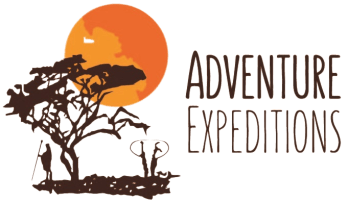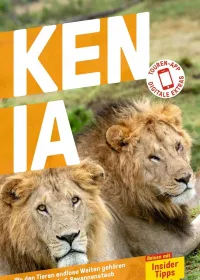- Home
- Destination
- Safaris
- Kenya
- 10 Days around Mount Kenya
- 7 Days Great Rift Bike Safari
- 7 Days Best of Birding Safari
- 7 Days Lake Turkana Safari
- 13 Days Kenya’s Historic Railway
- 14 Days Kenya’s Rift Valley Lakes
- 8 Days at the Beautiful Diani Beach
- 8 Days South Coast & Tsavo East
- 12 Days Photographic Safari
- 10 Days Beach Safari from Diani to Lamu
- 8 Days Kenya Horizon
- 12 Days Across Kenya
- 10 Days Flying Safari Amboseli and Northern Kenya
- Tanzania
- Uganda
- Rwanda
- Special Offers
- Kenya
- About us
- Sustainability
- Holiday Homes
- Gallery
- Blog
- Home
- Destination
- Safaris
- Kenya
- 10 Days around Mount Kenya
- 7 Days Great Rift Bike Safari
- 7 Days Best of Birding Safari
- 7 Days Lake Turkana Safari
- 13 Days Kenya’s Historic Railway
- 14 Days Kenya’s Rift Valley Lakes
- 8 Days at the Beautiful Diani Beach
- 8 Days South Coast & Tsavo East
- 12 Days Photographic Safari
- 10 Days Beach Safari from Diani to Lamu
- 8 Days Kenya Horizon
- 12 Days Across Kenya
- 10 Days Flying Safari Amboseli and Northern Kenya
- Tanzania
- Uganda
- Rwanda
- Special Offers
- Kenya
- About us
- Sustainability
- Holiday Homes
- Gallery
- Blog
TWALA TENEBO
An absolute must in Nairobi in March is Nairobi Design Week. In 2022, I met Naitiemu, who showcased an audio-visual documentary celebrating the rich Maasai heritage. It featured stories from Maasai women and presented a vision of a boundless future. I was fascinated and curious to learn more about the Maasai women who had volunteered as models and taken part in this project.
https://www.naitiemu.com/enkang-ang
Driven by curiosity, I traveled to Laikipia, to Il Polei, to meet the women and was warmly welcomed. There, I found a group of women who had formed a cooperative focused on empowering women something still uncommon in traditional African society. I asked if I could bring our travel guests to learn about the life and work of the cultural women’s group called Twala-Tenebo.
Twala-Tenebo is located on the semi-arid Laikipia Plateau, near Mount Kenya in northern Kenya. A cooperative of over 200 women from six different Maasai groups live here alongside diverse wildlife and sustain themselves through aloe farming, beadwork, beekeeping, and ecotourism offering authentic Maasai cultural experiences and affordable eco-manyatta accommodations.
“Twala” is a Maasai word for bell, and “Tenebo” means come together. In 2007, the “bell rang” as a symbol, calling Maasai women to action to harness their skills and improve their lives. They joined forces and established a cultural center that empowers women and helps preserve their rich culture and heritage.
At Twala, all profits go directly to the community, supporting poverty reduction and sustainable development initiatives. Ten percent of income earned through the center goes toward girls’ education. By working and earning an income, the women gain independence something traditionally limited, as they have long relied on what men provide.
The women also offer memorable baboon walks alongside habituated troops, showing that baboons and wildlife in general are resources worth protecting. Visitors can also join walking tours with Maasai herders to learn authentic livestock management techniques and explore the landscape to discover medicinal plants and the cultural importance of trees. These experiences reveal how people, domestic animals, and wildlife coexist sustainably.
We sponsored shelves for the shop to help the women display and sell their beadwork. Since our first visit, we’ve continued to bring regular guests to Twala, and it brings us great joy to support the women in a sustainable and impactful way.
Recently, they’ve expanded their activities to include the production of honey and soap made from their organically grown aloe. We support them with packaging, marketing, and distribution. An exciting new project is now underway: special beadwork, for which we’ve already begun training sessions with the women.
© 2026 Copyright Adventure Expeditions








